Learn More About Head Start in Kansas
Since 1965, Head Start has offered opportunity and hope to young children and families in our Kansas communities and across the nation.
Head Start’s Reach in Kansas Communities
Head Start programs in Kansas provide intensive, comprehensive early education services to 5,600 Kansas families with young children through:
Head Start services for preschool aged children.
Early Head Start home visiting services for pregnant women, infants, and toddlers.
Early Head Start center-based services (child care) for infants and toddlers.
Twenty-five Head Start organizations in Kansas serve nearly 6,300 children:
4,700 through Head Start services for preschool aged children.
1,600 through Early Head Start services for infants and toddlers.
Head Start programs are part of the local economy in the majority of Kansas counties.
Programs administer $90 million+ in federal Head Start grants.
Collectively, programs employ nearly 2,500 individuals who are an integral part of the Kansas early childhood workforce.
Click here for a printable fact sheet with this information and more>>
Head Start’s Impact in Kansas Communities
Head Start eases the impacts of economic and social challenges on young children and their families. To qualify for Head Start services, children ages birth to five and/or pregnant women must live in families meeting income eligibility or other risk criteria. Head Start programs in Kansas:
Support parents with child care so they can work or further their education and provide for their families.
Provide high-quality early education that promotes healthy child development and school-readiness.
Ensure children receive developmental screenings and assessments.
Help families navigate important resources such as health, mental health, and early intervention services in their communities.
Facilitate positive and supportive transitions of children into kindergarten.
Head Start programs are part of the fabric of local Kansas communities. They are valuable community partners and part of the local economy, supporting local businesses and collaborating with private organizations.
Head Start programs partner with organizations and agencies across multiple sectors and service areas, including child welfare, health, oral health, mental health, prenatal, nutrition, job training, employment supports, basic needs and resources, transportation, higher education, K-12, libraries, extension offices, and local businesses.
Connect children with their communities through guest appearances, local field trips, and special events. They introduce them to the individuals who keep them safe (police, fire department), grow their food (farm visits), and work in their communities (truck drivers, construction, postal workers, food service).
Click here for a printable fact sheet with this information and more>>
Head Start Strengthens Opportunities for Kansas Children and Families
Head Start partners with parents to strengthen families. Head Start’s family-centered approach actively engages parents as their children’s first and most important teachers, reinforcing the role of family in child development. It promotes parent and family autonomy and empowers parents to strengthen their parenting skills through resources, training, and opportunities for decision-making and leadership.
Head Start offers the opportunity for long-term self-sufficiency. Head Start programs support families in achieving economic stability. They support parents so they can provide for their families and contribute to the workforce. By removing the financial burden of unaffordable childcare, it allows parents to focus on their goals and provide for their family’s future.
Head Start expands access for rural families and communities. In many rural areas, families face a severe shortage of child care, early education opportunities, local healthcare providers, and family support services. Head Start programs help fill this gap for struggling rural families.
Head Start is community focused and locally designed. Each Head Start program is operated by a local community grant recipient that prioritizes addressing the unique needs of their service location. This local structure ensures programs provide the right solutions to their participating families--whether rural or urban or suburban—rather than a one-size-fits-all approach. This decentralized approach aligns with the principles of small government and local control.
Head Start is a strong investment in the future. Research shows that every $1 invested in Head Start results in a long-term yield of $7-$9. Investing in Head Start reduces costs for additional support services at school, like speech and hearing therapy, and reliance on government assistance. In fact, parents who went to Head Start as children are less likely to qualify for Head Start and other government assistance programs when they have children of their own, strengthening families for future generations.
Click here for a printable fact sheet with this information and more>>
Today’s Head Start Children are Tomorrow’s Workforce
In Head Start programs across Kansas, children are developing important skills that prepare them for success in school and set a strong foundation for their futures. They are learning about their world, developing interests, and being invited to dream big. Children who participate in Head Start experience positive short-term and long-term outcomes.
Children completing Early Head Start outscore other three-year-olds on measures of cognitive, language, and social-emotional development.
Children in Head Start demonstrate increased positive behaviors (social skills, impulse control, and approaches to learning) and reduced challenging behaviors (aggression and hyperactivity).
Head Start children in foster care or other non-parental care are more ready for school.
As Head Start children progress through their education, these important foundational skills and experiences reflect in positive long-term outcomes, such as high school completion, post-secondary job training or education, employment, and earnings.
Children who were in Head Start have increased likelihood of finishing high school (2.7%), enrolling in post-secondary education (8.5%), and completing a college degree (39%). These milestones increase the likelihood that they will be gainfully employed and have higher lifetime earnings.
Adults who were Head Start graduates are also more likely to have economic self-sufficiency and experience better health outcomes while being less likely to live in poverty and rely on public assistance
Click here for a printable fact sheet with this information and more>>
Kansas Head Start statistics at a glance (fact sheet in conjunction with NHSA)>>
“The program was conceived not so much as a Federal effort but really as a neighborhood effort, and the response we have received from the neighborhoods and the communities has been most stirring and the most enthusiastic of any peacetime program that I can remember.”







